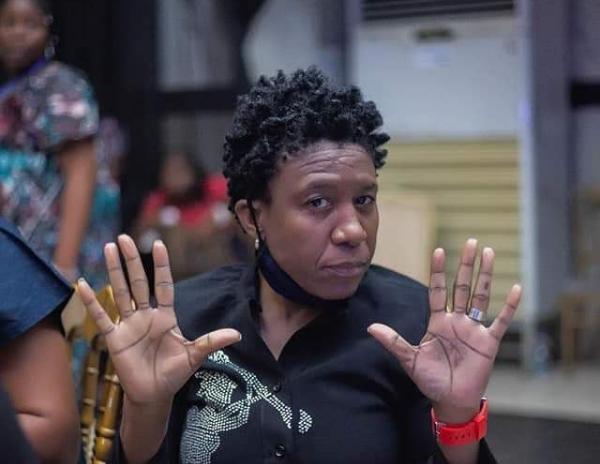Shola Idowu, the Nigerian-British rapper better known as Weird MC, has revealed why she thinks most Nigerian artistes don’t sample local songs.
The ‘Ijoya’ crooner gave her two cents on music sampling in Nigeria on Monday when she featured on TheCable Lifestyle’s Twitter space alongside Ayo Shonaiya, the producer of the ‘Afrobeats: The Backstory’.
Weird MC said some song owners may not want to clear the samples for reasons best known to them.
According to the rapper, another reason is that some of the artistes of this dispensation may not find songs by the old-timers appealing or marketable.
The ‘Allen Avenue’ hit-maker also urged Nigerian singers to sample old and local songs, adding that it will serve as a way to fund the music industry and “put money in the pockets of our pioneers”.
“Two things, it could be that the original owners of the copyrights may not want to clear the sample or have not been approached, or maybe some of our artistes don’t really see the appeal in something back home,” she said.
“I’m working on new stuff and I still want to sample more stuff at home, because by sampling songs at home we are putting money back in our system. We are putting money back in the pockets of our pioneers and it would even help to push the commercial side of publishing more and more in Africa.
“So, I would encourage people to also sample from stuff back home, it would help us to grow.”
Idowu’s opinion on music sampling in Nigeria would come as a surprise to many singers who have constantly sampled songs belonging to old-timers.
In Shonaiya’s documentary, it was revealed that Weird MC got permission to sample ‘Look and Laugh’, the 1986 song by Fela Kuti, the late Afrobeat icon, for her mega-hit ‘Allen Avenue’.
A plethora of songs by Fela — including ‘Lady’ and ‘Confusion Break Bone’ — have also been sampled by Nigerian artistes.
Also, the late Victor Uwaifo’s ‘Joromi’ was sampled in ‘Killin Dem’ by Burna Boy and Zlatan, while Simi did the same in a song of the same title.
Controversy also ensued recently when Ayinla Kollington claimed ownership of the term ‘Zazoo’ — which many music lovers assumed was pioneered by the controversial singer Portable, thanks to his 2021 breakthrough single.
Kollington had used the term ‘Zazoo’ melodically in ‘Fans Club‘ (Original Zazoo), one of his albums.
Copyright 2025 TheCable. All rights reserved. This material, and other digital content on this website, may not be reproduced, published, broadcast, rewritten or redistributed in whole or in part without prior express written permission from TheCable.
Follow us on twitter @Thecablestyle

